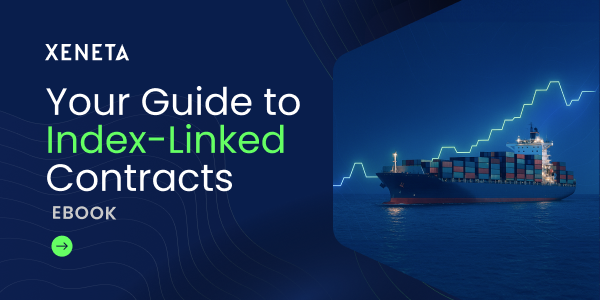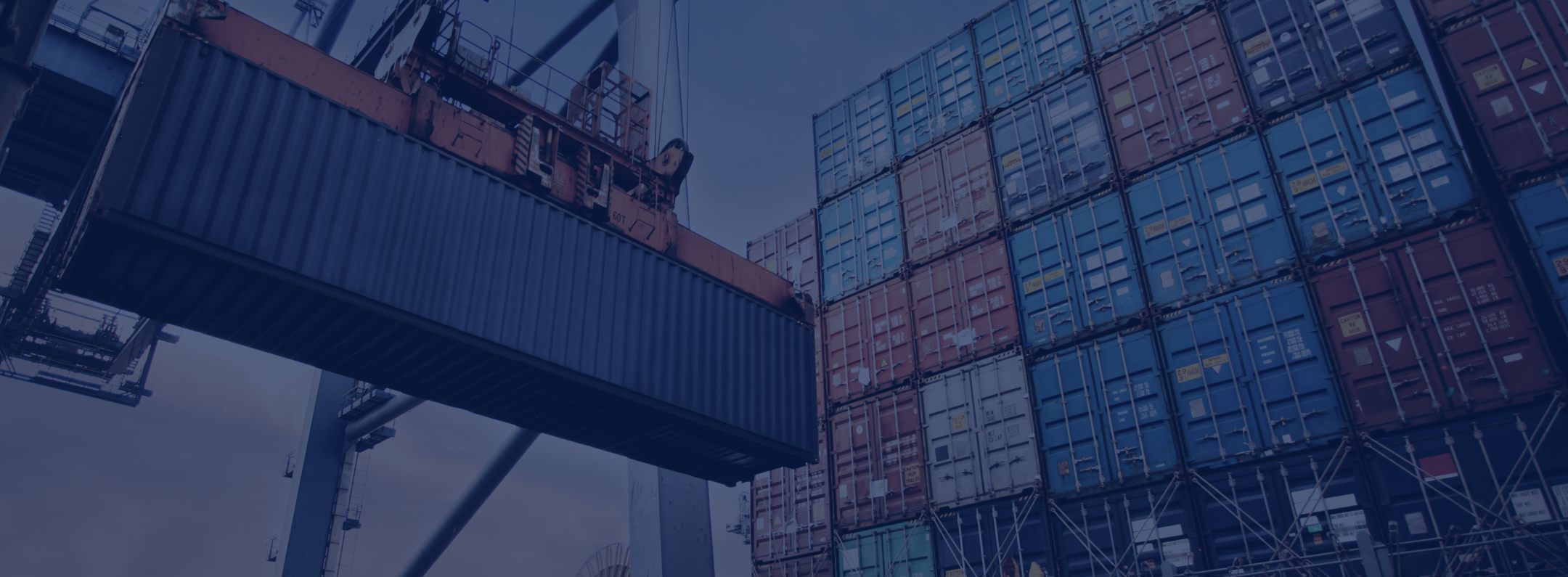Regarding the ISPS code, shipping lines, ports, and terminals are required to place appropriate security officers/personnel on each ship, in each port facility, and in each shipping company to prepare and put into effect the security plans that will be implemented.
A lot of manpower, planning, and equipment goes into implementing the ISPS code and ensuring the safety and security of the ship’s crew and the staff in the port.
The shipping lines charge a Security Surcharge (also known as ISPS surcharge) to cover these costs.
A customer might get charged ISPS surcharge in the form of Carrier Security Fee and/or Terminal Security Charge. The quantum of this charge levied by the shipping line varies depending on the port of call, as some of these costs are variable.
.png)



